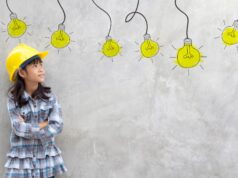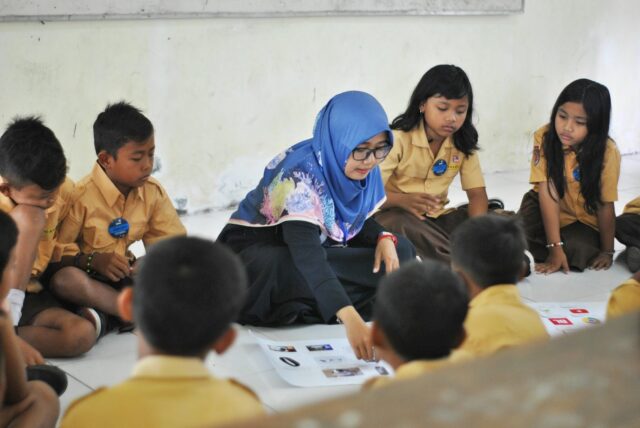
Teaching is a labour of love, requiring much dedication and commitment from those who choose to pursue a career in education, and it takes much more than a thorough understanding of algebra or physics. Strong interpersonal skills are central to the character of every great teacher and are needed to manage every unexpected conflict in a positive and constructive way. By following these principles, every educator can ensure that the students in their care have all of the support they need.

Understand the Psychology
While all staff members and students are unique, the reasoning behind a given conflict can usually be classified as one of a few common motivators. The approach to conflict is determined largely by the respective importance of both the goal and the relationship between those butting heads. For instance, those who want to preserve both the goal and the relationship will respond well to negotiations rooted in problem-solving or compromise, whereas those who value the goal over the relationship or vice versa will likely take a very different approach. A teacher who can interpret the internal motivations of two parties at war has the power to begin the resolution process with empathy and understanding.
Get the Right Training
Like any other job, teaching and caring for children requires both a personality fit and a specific skill set, but that is not to say that these skills can’t be learned and developed. Conflict management is a particularly important part of this skill set, as countless issues can arise between students on any given day. Conflicts can also arise between students, teachers, principles, parents, and the school management team in almost any combination. To assist in counteracting the mental health impacts of these interpersonal issues, teachers should also consider introducing mindfulness practices like meditation, which is known to improve emotion and behaviour regulation, social skills, and even academic performance (more information on Open Colleges).

Teach Interpersonal Skills
The teachers who have the greatest impact upon their students are those who teach skills and ideas with applications well beyond the classroom walls. When teachers see signs of conflict and discontent in the classroom, it should be considered an opportunity to teach students about creating positive interactions with others, using effective resolution strategies and managing difficult emotions. These lessons are arguably more important to healthy development than almost anything else on the curriculum and should be included in daily class schedules as often as possible.
Listening
Miscommunication and misunderstanding could be the reason for starting a big conflict, so listening is something everyone should learn. Teachers should be the ones who need to learn this skill first so they could use it to resolve conflicts. You should start by confronting the two sides and ask questions. The most important thing is to let the speaker talk without any interruption. Sometimes just listening can resolve everything. Try not to give any advice but give the speaker positive reinforcement by smiling and nodding. Show your students that you truly care about them. People often think that no one is listening to them and that can make them very frustrated, so learning this skill is very important.
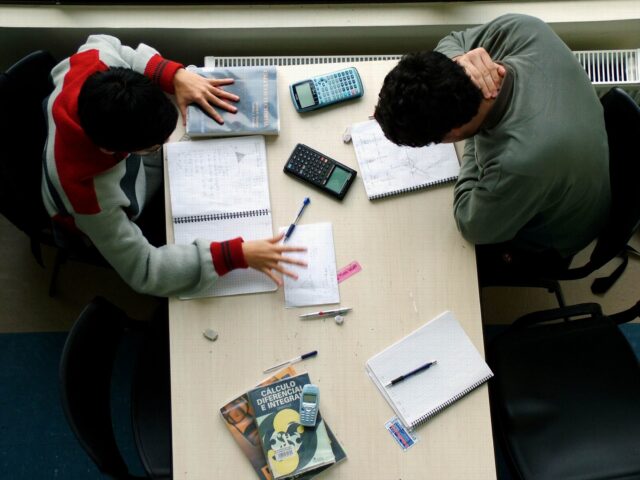
Develop a Strategy
Even with the strongest meditative skills at their disposal, no human being is immune to conflict, but the damage can be minimised with the right strategy. While most schools have a conflict management strategy in place, the onus is often on teachers to implement it and suggest improvements if necessary. Combined with a healthy dose of quiet reflection, a democratic, meditative approach to conflict resolution has proven effective for achieving positive outcomes. The process of mediation can be made even more effective by involving the students in the creation of the strategy, as long as the teaching opportunity is taken before conflict arises.
Get to Know the Students
The relationship between a student and a teacher makes all the difference when that student experiences conflicts and needs support, which is why it’s important for teachers to get to know students well. This is especially true when a student is not forthcoming with their challenges, as teachers may then become the first line of defence against potentially serious conflict-borne mental health issues. By taking the time to learn about their students’ backgrounds, families, and personal challenges, a teacher can develop the strength of relationship needed to have a durable impact in the classroom.
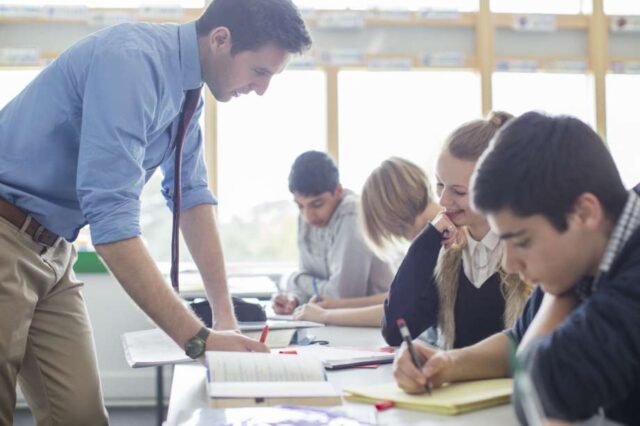
Don’t close your eyes to bullying
A recent study showed that more than 20 percent of students reported being bullied. This is a big problem that no one should look away from. Bullying can lead to anxiety, depression and even worse mental problems. This study also showed that people who were bullied in school can have problems in their adulthood, It can lead to substance abuse or violent behavior. Knowing this is enough to stop any kind of bullying at the beginning and not let it develop into something more serious.
Build a Community
Even more important than the relationship between the teacher and the students are the relationships the students have with one another, and the work of a great teacher can turn these bonds into a strong classroom community. As part of that community, students learn to understand the value of connections with others and the importance of developing positive relationships. Then, if and when conflicts do arise, teachers are able to handle them with grace by drawing on the sense of unity and harmony in the classroom. By teaching students to appreciate the feeling of being part of something, teachers can encourage the psychology of relationship over goal in real time.
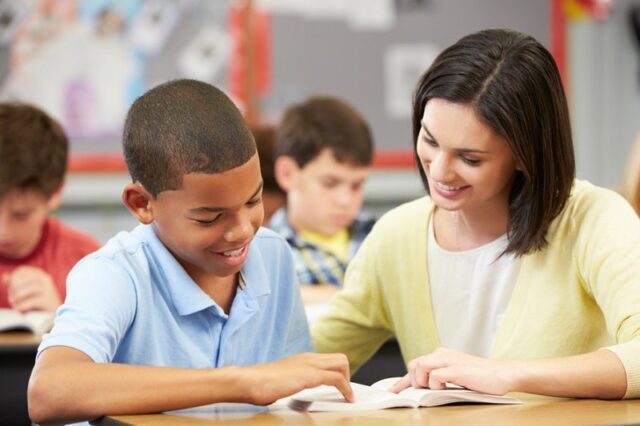
The work of a great teacher is as challenging as it is diverse, but by taking the time to understand the psychology behind conflict and the students in their care, teachers can become powerful forces for positive change. When students are taught the right lessons at the right moments, conflicts will seem infinitely more manageable and become less frequent, and teachers will be able to enjoy their hard-earned apples that much more.



